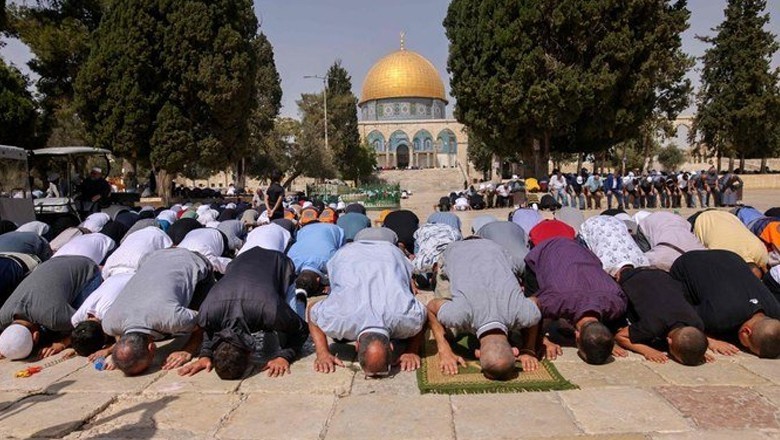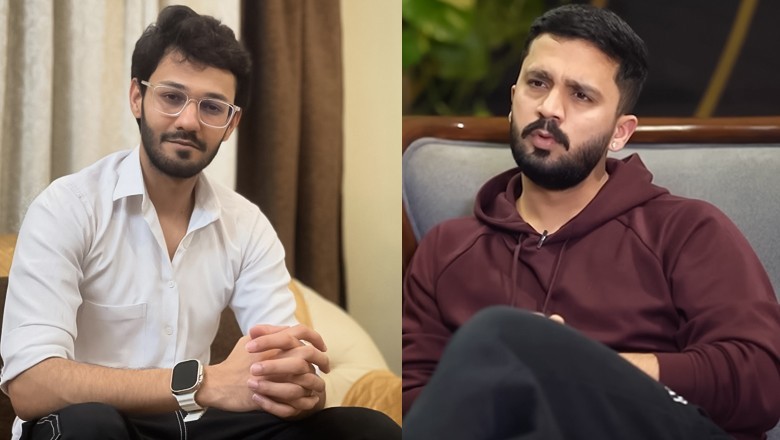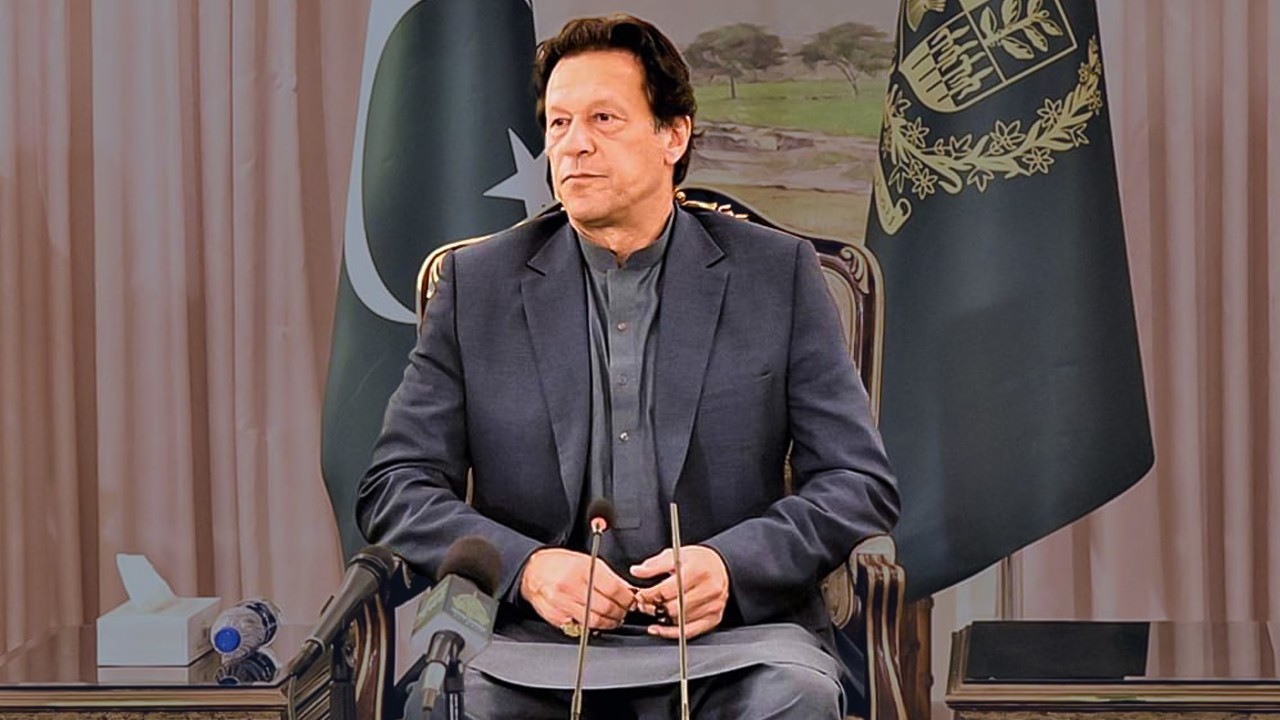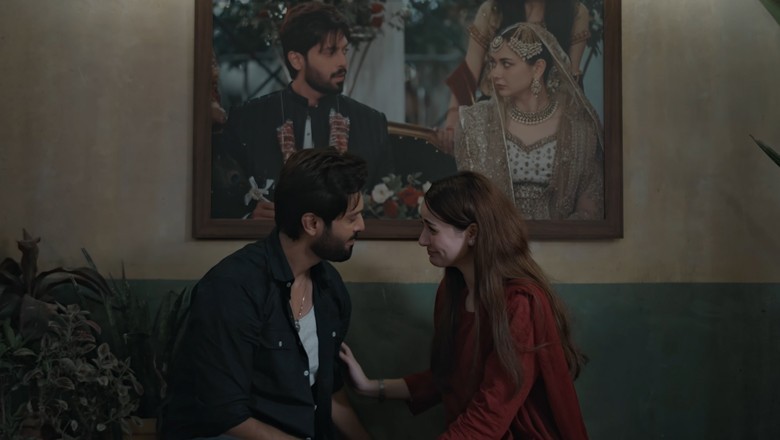Israeli rabbis denounce Jewish prayers at Al-Aqsa mosque

Web Desk
|
15 Aug 2024
Five prominent Israeli rabbis condemned Jewish prayers at the Al-Aqsa mosque compound in annexed East Jerusalem on Wednesday, following a controversial visit by a far-right minister.
The rabbis stated that the site remains "strictly forbidden" to Jews.
The incident occurred after Israel's National Security Minister, Itamar Ben Gvir, along with approximately 3,000 other Jewish worshippers, defied a longstanding ban on non-Muslim prayer at the site, which is known to Jews as the Temple Mount. This act drew global condemnation.
The Al-Aqsa mosque compound, considered Islam's third holiest site, has also become a symbol of Palestinian national identity. For Jews, it is the holiest place, revered as the location of the ancient temple destroyed by the Romans in 70 AD.
Rabbi David Cohen, a member of a policy-making body linked to one of the ultra-Orthodox parties in Israel's ruling coalition, criticized the actions, describing those involved as "thugs in religious garb who only inflame tensions." Four other leading rabbis echoed his sentiments, emphasizing the prohibition on religious grounds due to the risk of committing sacrilege by stepping on the ancient sanctuary's Holy of Holies.
This prohibition, however, has been challenged by some rabbis from the religious Zionist movement, which Ben Gvir follows. On Tuesday, Prime Minister Benjamin Netanyahu's office also criticized Ben Gvir's visit, calling it a "deviation from the status quo."
The status quo, established after Israel seized East Jerusalem in 1967 and later annexed it, allows non-Muslims to visit the compound at fixed times but prohibits them from praying or displaying religious symbols. In recent years, hardline religious nationalists like Ben Gvir have increasingly flouted these restrictions, leading to sometimes violent reactions from Palestinians.
Former Israeli Chief Rabbi Yitzhak Yosef condemned those who prayed at the compound, stating they "do not represent the Jewish people" and called upon the international community not to see these ministers as representatives of the Jewish population.
The visit came at a tense time, more than 10 months into the Israel-Hamas war in Gaza, with renewed efforts toward a ceasefire and concerns about potential attacks from Iran and its regional allies.












Comments
0 comment